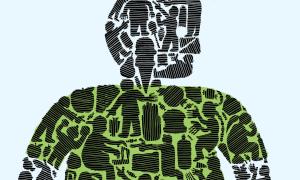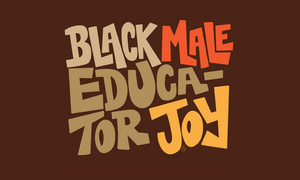article
Weighing In - Healthy at Any Size?

As the number of obese and overweight children grows, so does size bias.


Yesterday, the police officer who shot Atatiana Jefferson inside her home during a wellness check was charged with murder. But the grief and righteous anger at her killing continue today. How will you talk with your students about injustice, police violence and the fact that black lives matter? Here are a few places to begin.
The 1619 Project series airing on Hulu during Black History Month reminds us of the importance for parents and caregivers, along with teachers, to talk with children about slavery in age-appropriate ways. LFJ’s new article and our supplemental resources—podcasts and short videos—provide recommendations for conversations and user-friendly access to information about the history and legacy of slavery.